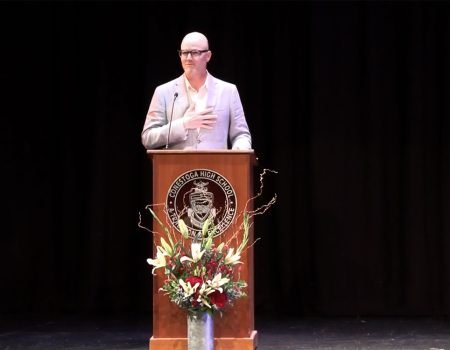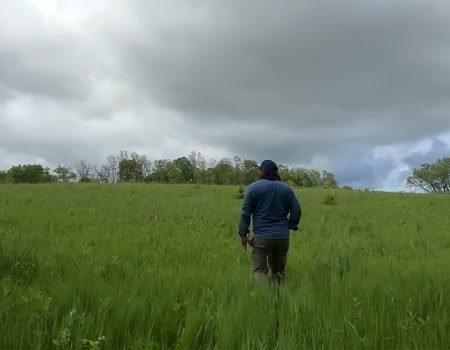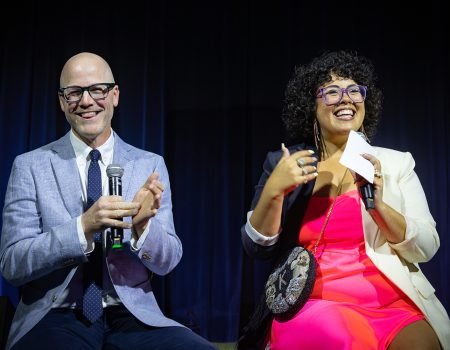Tell Me Do You Miss Me
In the fall of 1996, in a fluorescent-lit cubicle deep within Rolling Stone’s Sixth Avenue offices, my editor, Matt Hendrickson, asked me, “Do you know Luna?”
I lied.
Three nights later, Chris and I were stage right at the band’s downtown show, bobbing, swaying, and smiling to its “full-tilt, cosmic radio clamor.”
“Though frontman Dean Wareham’s deadpan delivery and perpetual straight face were little indication,” I wrote in my review, “Luna’s shimmering guitar pop shone brilliantly Saturday night, illuminating the bleak and twisted landscape Wareham navigates with such svelte.”
The band’s “Sideshow By The Seashore” was our anthem that fall, its trance-inducing drone and slippery lead soundtrack to our new home in New York City. No song better represented our spacey, awed sense of the place. Drawing on the Velvet Underground, but with a 90s sense of ironic detachment, Luna served up enough “alternative rock” for me, and enough trippy noodling for my brother.
When we cut a video Christmas card for the folks back home in Iowa, “Sideshow” was or first choice of music.
Then I painted your face
On a twenty-dollar bill
But it isn’t legal tender
And I think about you still
And all the comfort in words
Provide no comfort
We can all go mad together
That’s what friends are for
And when I needed a title for my sophmore CD, I borrowed from the band’s “Moon Palace.”
Words you don’t understand
Are all makin’ sense tonight
It’s hard to think straight
When you’re feelin’ so great
Only wanna get out of your head
I’ve followed the band since. I have all of their albums. But for me, that was their nadir. When I read that Luna was performing its farewell show at Bowery Ballroom last winter, I — regrettably — stayed home.
That farewell show, and the tour that preceded it, is chronicled in a new documentary, “Tell Me Do You Miss Me.” I saw the premiere at the Tribeca Film Festival tonight. I was sitting next to Jesse Eisenbergh, just across the aisle from Dean and Britta (who were seated behind Edie Falco). I stole glances at the couple throughout the film. Dean sank deep into his seat. Britta grimaced and squirmed, clutching Dean’s sleeve like a mooring.
“You start a band off with your friends when you’re young,” Dean says in the film. “And to think you’re going to be in a band together, and maintain a close friendship, and also be in business together, and travel together… the whole thing, it’s a tall order.”
Dean Wareham wears his thirteen years of Luna in every worry line, every wrinkle on his otherwise youthful face. Over the course of seven albums, the band hovered just below the pop culture radar, but never broke through. Fast approaching forty, and with little to show for their efforts, they run themselves aground. Tonight, they were forced to re-live that slow-motion shipwreck in 16:9 Technicolor. It is a beautiful mess, all melancholy sighs, last laughs, and — of course — swirling guitars.
Not only have I failed to break through; I’ve failed to register a blip on the radar. Still, Luna’s story resonates with me. With every lost highway, every load-in, and every anonymous greeting, I share the band’s sense of defeat, and loss.
In the end, as the droning guitars build to crescendo, Wareham twitches, then deadpans his final refrain…
“Say a prayer… for you and me.”
“Say a prayer… tell me do you miss me.”
I do, Dean. A thousand times — you, me, us — I miss it all.



